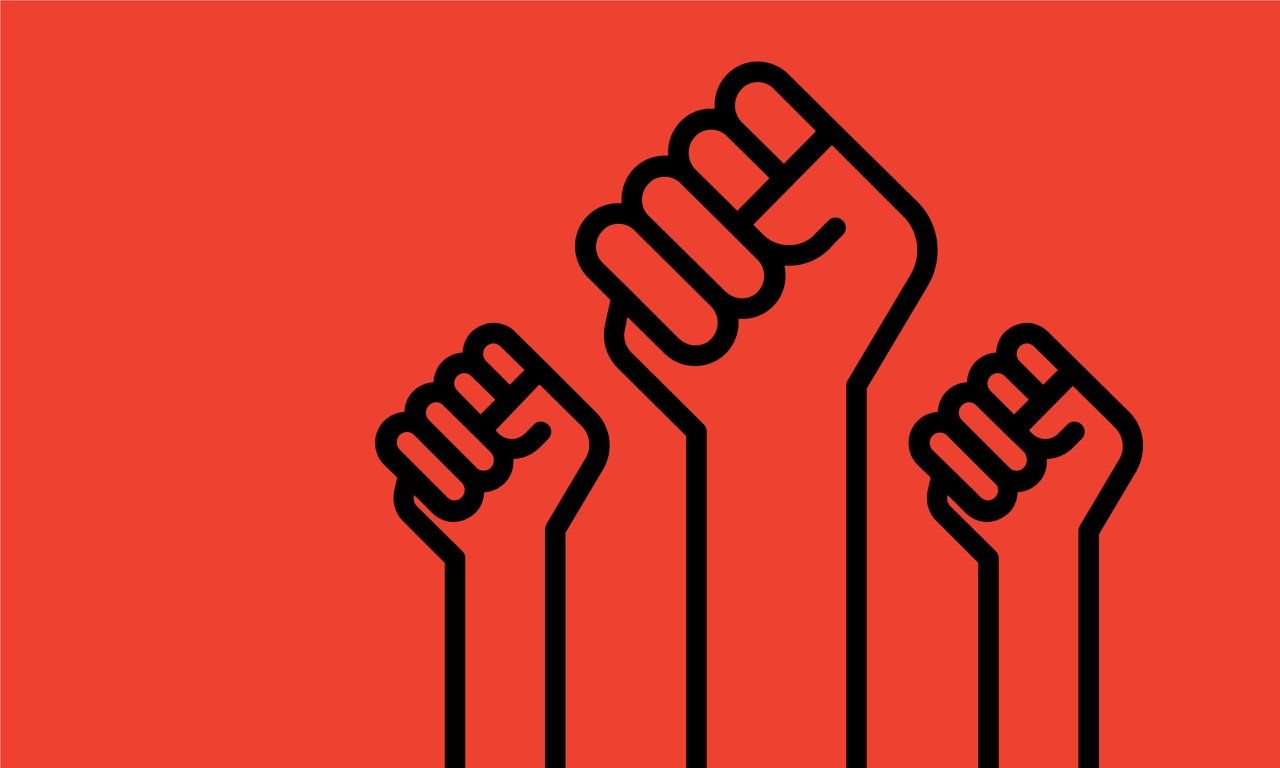Human rights campaigners have denounced the government’s legislative agenda as ‘an unnecessary and counterproductive use of Parliamentary time’ as 38 new bills are introduced in the Queen’s Speech.
In a proposed overhaul to the existing Human Rights Act, the government has introduced a new Bill of Rights to ‘end the abuse of the human rights framework’. It is envisaged that the bill will ‘restore some common sense to [the] justice system’ by ‘curbing the incremental expansion of a rights culture’.
‘If the new Bill of Rights becomes law, it would make it harder for all of us to protect or enforce our rights’, said president of the Law Society Stephanie Boyce. ‘The proposed changes make the state less accountable. This undermines a crucial element of the rule of law, preventing people from challenging illegitimate uses of power’.
The bill also seeks to ‘establish the primacy of UK case law’ by distancing UK courts from the European Court of Human Rights (ECHR). Under the new proposals, courts deciding human rights cases across the UK will no longer be required to follow decisions of the ECHR. JUSTICE has warned that this will have the effect of limiting the discretion of UK judges, and driving more individuals whose rights may have been breached to make lengthy and expensive applications directly to the ECHR in Strasbourg.
Although not explicitly mentioned in the speech, the raft of new legislation includes a Public Order bill which increases police powers and introduces new protest offences. The Bill reintroduces many of the provisions in the Police, Crime, Sentencing and Courts Act that were defeated by the House of Lords. These include broader stop and search powers, ‘protest banning orders’ and new offences of ‘locking on’, interfering with national infrastructure, and obstructing transport works, such as HS2.
Recent protests organised by groups such as Extinction Rebellion, Insulate Britain, and Just Stop Oil have seen activists ‘lock on’ to pipes in oil refineries and block roads in efforts to bring about high level climate action. Home Secretary Priti Patel says the Public Order Bill will ‘give the police the powers they need to clamp down on this outrageous behaviour and ensure the British public can go about their lives without disruption’.
Responding to the proposals, Sam Grant, head of policy and campaigns at rights group Liberty said: ‘Protest is a right, not a gift from the state. Measures like these are designed to stop ordinary people making their voices heard. Parliamentarians and the general public rejected these dangerous measures when they were first rushed through in the policing bill, but the government has refused to listen.’
The speech outlined other proposals including the introduction of a new criminal offence banning conversion therapy. Campaigner groups have been quick to criticize the government’s exclusion of trans and non-binary people from the ban, including the Green MP Caroline Lucas who called the proposals ‘half baked‘.







